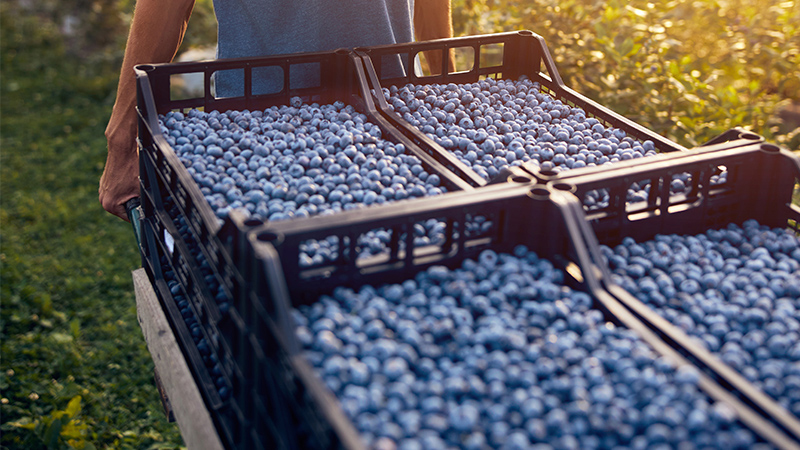Long-Term Outlook For Fresh Produce Is Good
Despite the rocky economy, Rabobank believes the long-term outlook for agriculture, in general, and fresh produce, specifically, is positive.
However, companies should develop specialty products to strengthen their market position and keep their debt levels low in order to emerge as a market leader, said Rabobank Food & Agribusiness Research and Advisory (FAR) analysts recently during a presentation, “The Economic Squeeze on Fresh Produce.”
“The recession hasn’t hit the fresh produce industry as hard because most is consumed at the retail level not at the food service level,” said FAR Vice President Marieke de Rijke. This means that consumer habits are shifting from eating meals out to eating meals at home. (See related research on consumer behavior at www.rabobankamerica.com/rabocast)
In their presentations, Ken Shwedel, who heads the FAR office in Mexico, and de Rijke said, while the fresh produce industry has been less affected than other industries, in order to remain competitive, growers must alter their business strategies. One solution is to nurture consumers in other countries where markets are not as mature.
For example, Mexico, which is second to Canada as the U.S.’s largest trading partner, represents a growing, market place because, Shwedel said, “Mexico must import food to feed its population.” This means, that Mexicans spend nearly 30% of every peso on food, while Americans spend about 12% per dollar.
However, U.S. growers face increasing competition from Canada and Chile on their exports to Mexico, and cannot wait for the recession to end in order to grow business opportunities. Producers should take advantage of opportunities today, said Shwedel.
Additionally, for producers to expand, they must look to gain market share within the U.S. For example, as consumers continue to look to reduce costs, producers have the opportunity to expand private label products. Particularly, said Shwedel, after the recession ends and food prices likely become more volatile. At that time, consumers will increasingly choose lower cost goods.
“In order to compete, producers need to rethink the agriculture business model,” Shwedel advised.
Source: Rabobank press release









